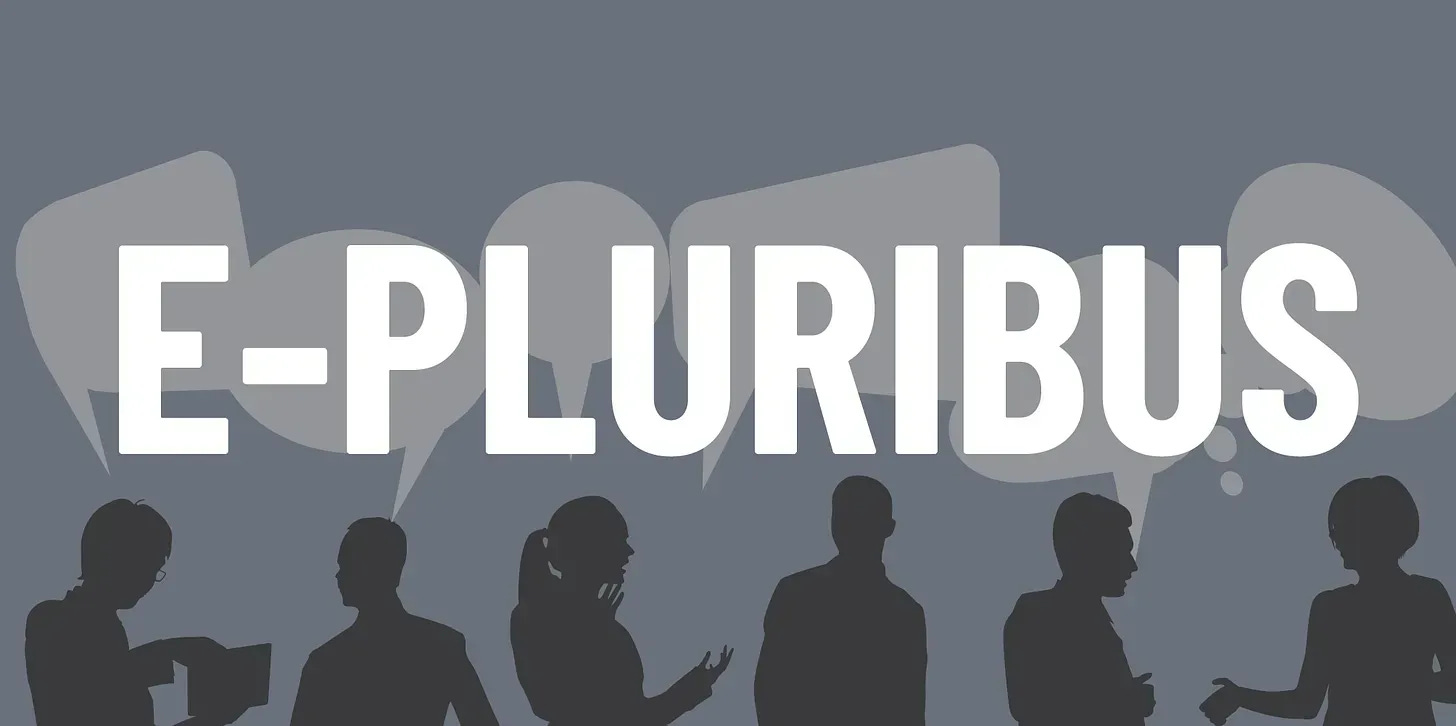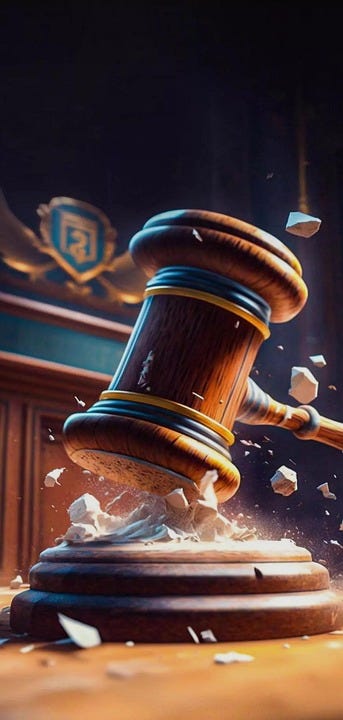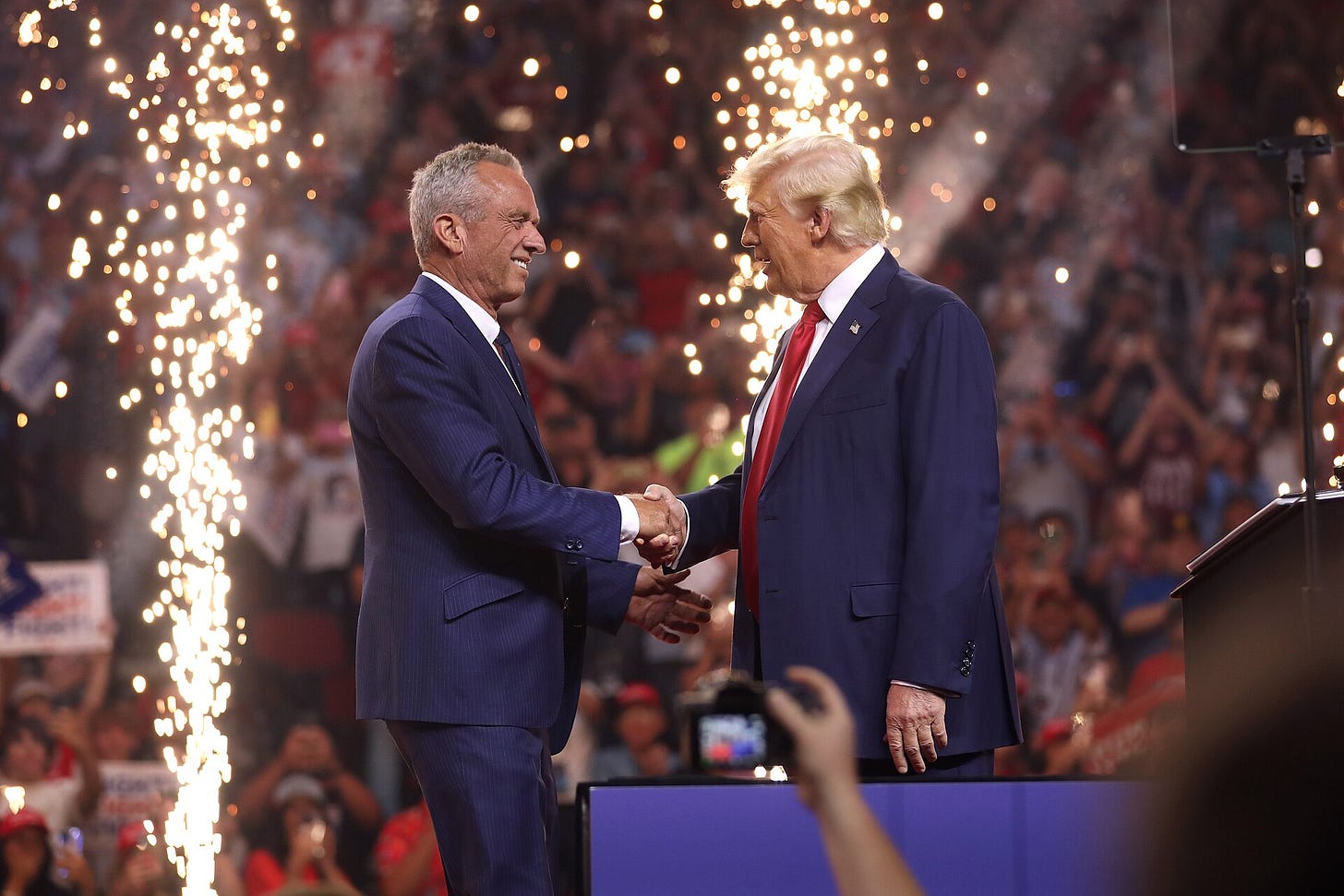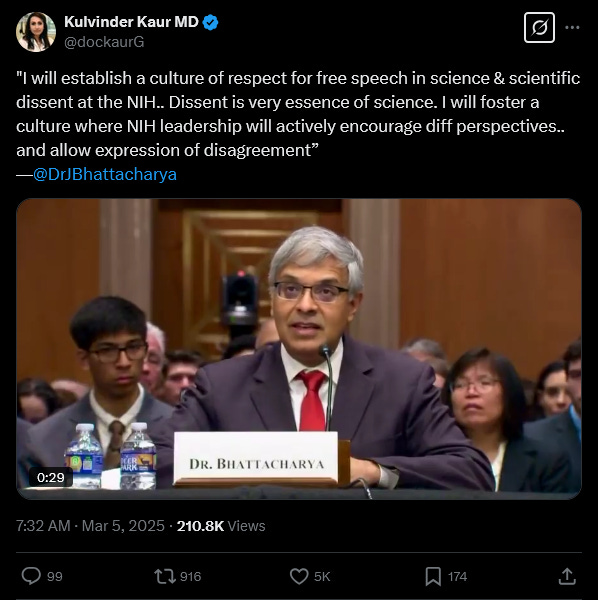E-Pluribus | March 5, 2025
Supreme Court sidesteps college 'bias-response teams'; Michael Mann's costly defamation victory; how science broke the public's trust (and how to fix it).
Jonathan Adler: Supreme Court Refuses to Consider Whether University "Bias-Response Teams" Chill Speech
In a surprising blow for First Amendment advocates, the US Supreme Court this week refused to hear arguments in Speech First v. Whitten. The case addresses the constitutionality of university “bias response teams,” which have been accused of encouraging students to inform on one another for expressing supposedly offensive opinions.
Quoting Justice Clarence Thomas’ dissent, legal scholar Jonathan Adler says the Court erred in refusing to settle a dispute that it will eventually have to resolve anyway:
The Supreme Court does not hear many cases these days. It is very stingy in granting certiorari, even in cases that present clear circuit splits. This morning's Order List provides a good example, as the Court denied certiorari in Speech First v. Whitten, which presented the question whether university ‘bias-response teams’ objectively chill students' speech under the First Amendment (and, as a consequence, whether there is Article III standing to challenge them). Only two justices (Alito and Thomas) indicated their desire to hear this case. One, Justice Thomas, wrote a dissent from the cert denial. It begins:
“More than 450 of our Nation's colleges and universities have ‘bias response teams.’ These teams ‘encourag[e]' students to report one another for expressions of 'bias,' and then review and act upon reports … In reviewing First Amendment challenges to bias response teams, the Courts of Appeals have split as to whether they ‘objectively chill’ student speech for purposes of Article III standing. I would grant certiorari to resolve that important split.”
…
Given the number of schools with bias response teams, this Court eventually will need to resolve the split over a student's right to challenge such programs. The Court's refusal to intervene now leaves students subject to a ‘patchwork of First Amendment rights,’ with a student's ability to challenge his university's bias response policies varying depending on accidents of geography. . . . Because one of our ‘primary functions is to resolve 'important matter[s]' on which the courts of appeals are 'in conflict,’ we should not let this confusion persist. . . . I respectfully dissent.
Eugene Volokh: Punitive Damages Award in Mann v. Steyn Reduced from $1M to $5K
Climate scientist Michael Mann may have prevailed in his defamation suit against political commentators Mark Steyn and Rand Simberg, both of whom publicly accused Mann of committing scientific fraud. But the price of victory may have been too high.
Last January a jury awarded Mann $1 million in punitive damages against Steyn and $1,000 against Simberg. This week a DC Superior Court judge reduced the award from $1 million to a meager $5,000—probably not even enough to cover Mann’s legal fees. Law professor Eugene Volokh outlines the facts of the case:
Today's long decision (over 14,000 words) by D.C. Superior Ct. Judge Alfred Irving in Mann v. National Review, Inc. declined to disturb the jury's findings that defendants had libeled plaintiff—including that their statements were recklessly or knowingly false—but sharply reduced the punitive damages awards (as our own Jonathan Adler predicted shortly after the verdict)…
Nikki Johnson: Can 𝗧𝗿𝘂𝗺𝗽 restore public trust in science?
Years of lockdowns, mask mandates and internet censorship cratered the public’s trust in science during the pandemic. But with COVID seemingly in the rear view, recent polling data shows that America’s trust in science may be rebounding. Now the question is, can a revamped Trump Administration continue that trend?
Dr. Nikki Johnson with the Foundation Against Intolerance and Racism (FAIR) posed that question to an expert panel during her recent FAIR in Medicine webinar series. The answer, unsurprisingly, is “maybe.” If scientists shelve their naked political advocacy and focus on—wait for it—science, there’s no reason they can’t rebuild their relationship with the public. Full video available here.
Around Twitter (X)
Here’s a textbook example of a scientist making the necessary effort to build rapport with the public. As he prepares to take over the National Institutes of Health (NIH), Stanford’s Dr. Jay Bhattacharya has promised to “establish a culture of respect for free speech in science and scientific dissent at NIH.” Video here.
In the wake of president Trump’s threat to de-fund any university that hosts “illegal” protests, Steve McGuire strikes a sensible balance: punish illegal behavior that occurs during protests; don’t make protests illegal:
The Foundation for Individual Rights and Expression (FIRE) agrees, though they were less diplomatic in challenging the president’s stance on student protests:









